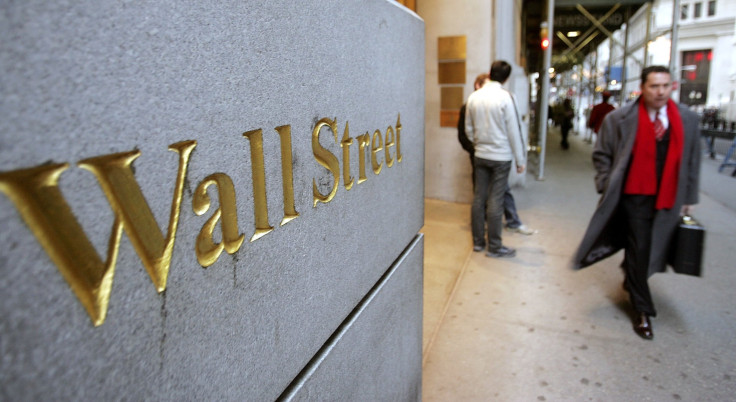What Is Private Equity? Dodd-Frank Rules Change Could Loosen Financial Regulations

Just over six years after the Dodd-Frank Act became effective, private equity firms impacted by the law could get some relief if a bill they’ve championed makes it through an upcoming vote in the House of Representatives.
After the 2008 financial crisis, private equity took a hit from federal regulators. Beforehand, they faced little oversight. Afterward, they suddenly found themselves with a bunch of new regulatory exams and reporting obligations.
Here’s what you need to know.
What Is Private Equity?
Private equity refers to investment firms that put big chunks of cash from pension funds or endowments into buying (often) faltering businesses or assets (like, say, foreclosed homes or other commodities). They make money because they buy those assets at a bargain and sell them for a profit.
While they can play some risky games with some important funds — ahem, pensions — they aren’t as regulated as your normal bank.
The firms make money off of the deals by taking 2 percent of the money it manages and skimming off 20 percent of the profits above a certain baseline.
What Is Dodd-Frank?
Dodd-Frank was a Wall Street reform bill that was thought up after the 2008 financial crisis to try and avoid a repeat of that disaster. It was the first major change to federal financial regulations in the United States since reforms that came just after the Great Depression.
While it had plenty of critics, and has still been criticized by more progressive presidential candidates like Vermont Sen. Bernie Sanders, it has been championed by many who point out that it succeeded in at least some ways. Specifically in regard to private equity, it eliminated an exemption that let private investment advisers avoid registering with the Securities and Exchange Commission, imposed “stress tests” (the exams mentioned above) and required greater disclosure of the types of commodities they’re working with.
Have Those Regulations Had An Effect?
They have. The SEC reportedly has been taking action against private equity firms lately, including at least one crack down on an adviser who decided not to register as a broker. That case was settled.
Opponents of the House bill point to those successes as reason to keep the rules how they are and not to loosen them.
What Does This New Bill Do?
OK, so it isn’t a repeal of Dodd-Frank, but it does loosen requirements for private equity firms when it comes to what information they have to provide to the SEC. That includes, most importantly, loosened rules for reporting what types of commodities the firms are buying and who is running the show as an adviser.
Who Opposes It And Who Supports It?
The bill has supporters and opponents on both sides of the political aisle, according to the New York Times. The private equity industry obviously supports looser regulations and has even spent a good amount of cash lobbying for looser rules.
Some pretty prominent politicians oppose the plan, however. That list includes Massachusetts Sen. Elizabeth Warren, a Democrat, California Rep. Maxine Waters, the top Democrat on the House Financial Services Committee, and the White House, which has threatened a veto. They’re joined by one of the largest public pension funds in the country. SEC staff have reportedly raised concerns about the bill in private but has not taken a public stance.
© Copyright IBTimes 2024. All rights reserved.






















